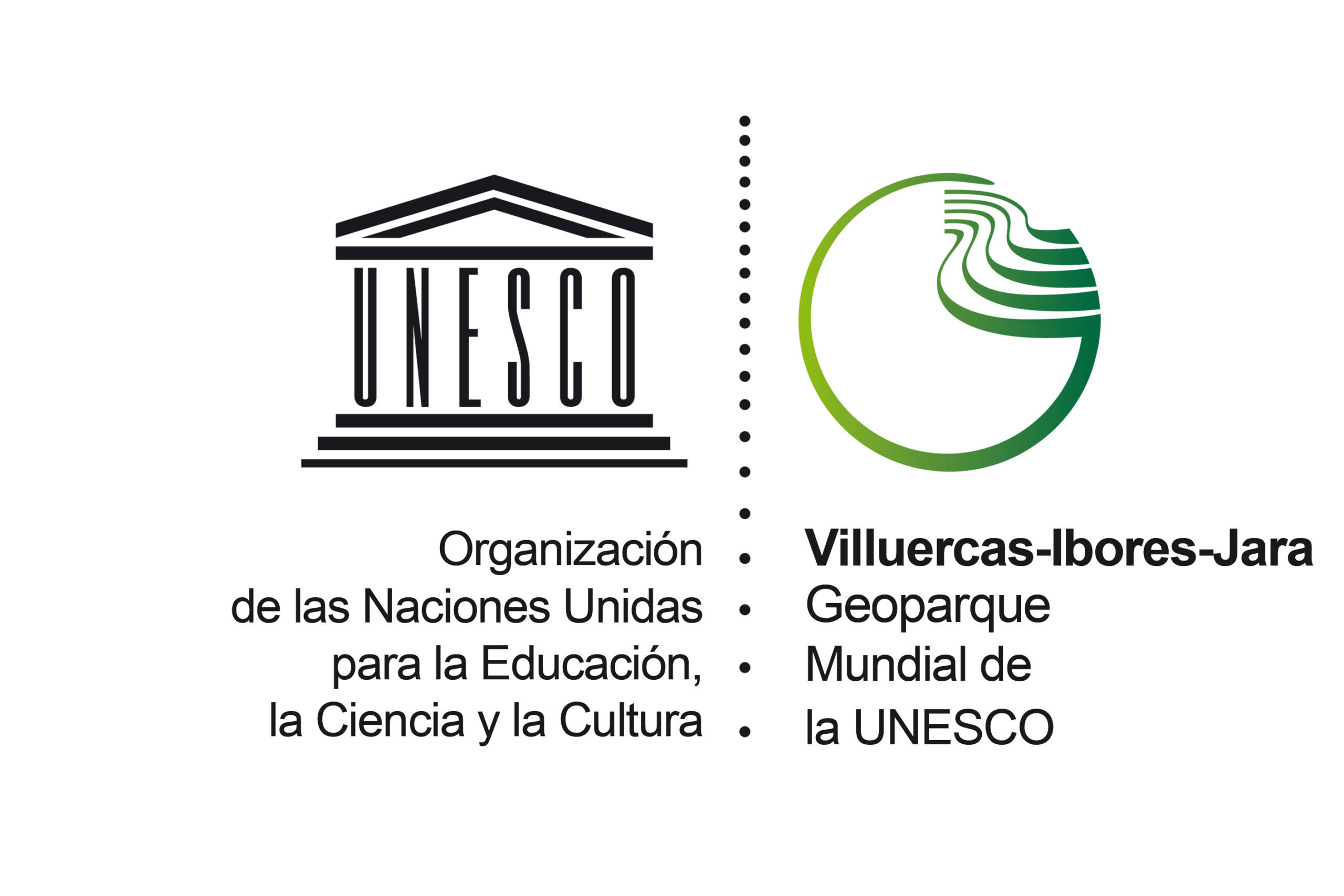On November 17, 2015, the UNESCO General Assembly approved the International Program for Earth Sciences and Geoparks. It is within this program that we are recognized as a UNESCO World Geopark.
The geopark concept emerged in the mid-1990s to respond to the need to conserve and enhance the value of areas of geological importance in Earth’s history. Landscapes and geological formations are essential testimonies of the evolution of our planet and determining elements of our future sustainable development. From the beginning, Geoparks adopted a “bottom-up” approach, that is, a community-driven approach, in order to ensure that the geological importance of an area for science, education and culture could be conserved and promoted, in addition to being used as a sustainable economic asset, for example by promoting responsible tourism. In 2004, with the support of UNESCO, 17 members of the European Network of Geoparks and eight Chinese geoparks created the World Network of Geoparks, which obtained legal recognition in 2014, the year in which it was already made up of more than 100 global geoparks.
A UNESCO Global Geopark must contain geology of international importance. It is independently evaluated by professional scientists from the relevant Earth science discipline. UNESCO Global Geoparks are living, active landscapes where science and local communities act in mutually beneficial ways.
Education at all levels is at the core of the UNESCO Global Geopark concept. From university researchers to local community groups, UNESCO Global Geoparks encourage awareness of the planet’s history that can be read in the rocks, landscape and ongoing geological processes. The UNESCO Global Geoparks also promote the links between the geological heritage and all other aspects of the natural and cultural heritage of the area, clearly demonstrating that geological diversity is the foundation of all ecosystems and the basis of the interaction of beings. humans with the landscape.
UNESCO Global Geoparks contribute to the achievement of UNESCO’s goals by promoting geology and science in general through a broader contribution to UNESCO’s mandate that encompasses education, culture and communication.
Access here the article published in commemoration of this event in the HOY newspaper on December 2, 2015.
